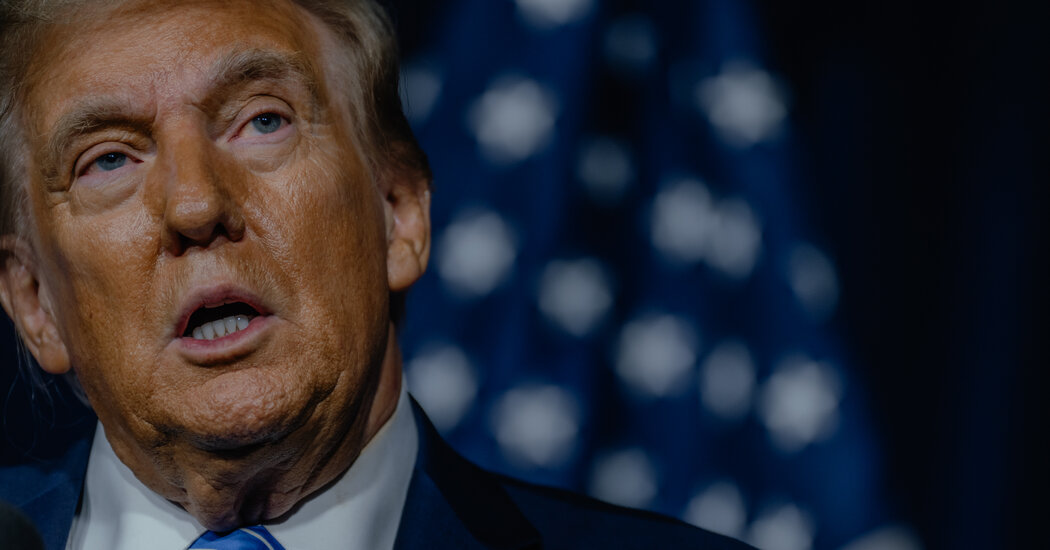If elected again, he would become the oldest president by the end of his term. Yet he is refusing to disclose even basic health information.
As a presidential candidate in 2015, Donald J. Trump declined to release his medical records, instead offering a four-paragraph letter from his personal doctor proclaiming that he would be “the healthiest person ever elected to the presidency.”
In 2020, hospitalized with Covid and running for re-election, Mr. Trump’s doctors gave minimal information about his condition, which, it emerged later, was far more dire than their public descriptions let on.
In 2024, days before becoming the official Republican presidential nominee for the third time, he was grazed by a would-be assassin’s bullet, yet his campaign did not hold a briefing on his condition, release hospital records or make the emergency physicians who treated him available for interview.
Now, just over a month from an election that could make Mr. Trump, 78, the oldest person ever to serve as president (82 years, 7 months and 6 days when his term would end in January 2029), he is refusing to release even the most basic information about his health.
If he wins, Mr. Trump could enter the Oval Office with an array of potentially worrisome issues, medical experts say: cardiac risk factors, possible aftereffects from the July assassination attempt and the cognitive decline that naturally comes with age, among others.
Age became a major point of concern for voters weighing the capabilities of President Biden, and a poor debate performance that showcased him struggling to articulate sentences ultimately forced him to withdraw from the race. Suddenly facing an opponent nearly 20 years his junior, Mr. Trump told CBS News in August that he would “very gladly” release his medical records to the public, saying he had recently had a medical exam.
